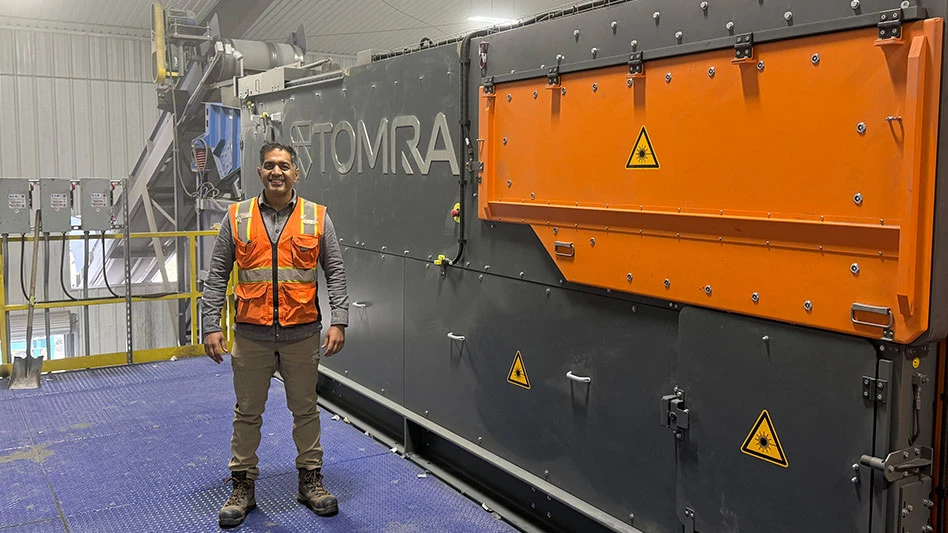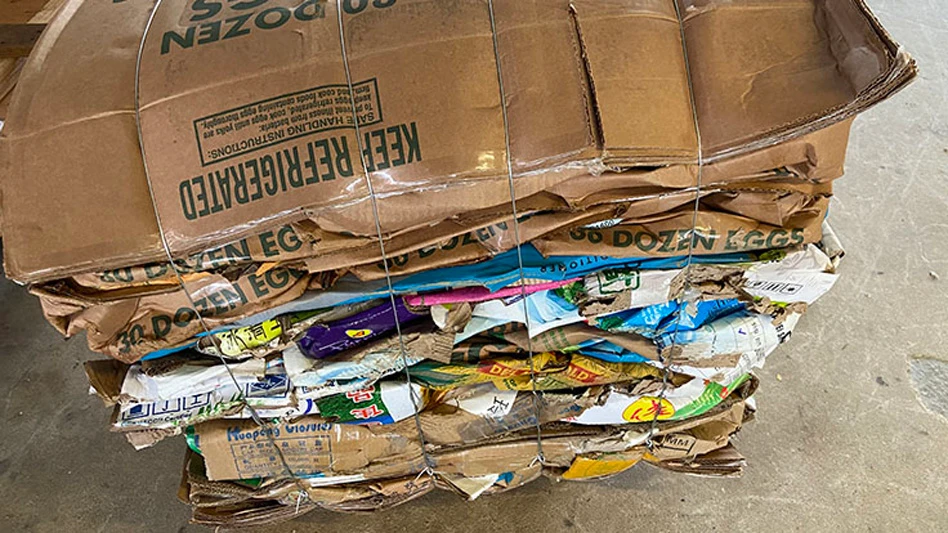
rustamank | stock.adobe.com
The European Parliament has voted in favor of endorsing a European Commission proposal designed to simplify and make easier to administer the European Union Carbon Border Adjustment Mechanism (CBAM).
In a late May announcement, the legislative body says the objective of CBAM remains the same and that 99 percent of total CO2 emissions from imports of iron, steel, aluminum, cement and fertilizers still would be covered by the rules.
A key part of the changes involves a new de minimis threshold of 50 tons.
“This would exempt the vast majority (90 percent) of importers—mainly small and medium-sized enterprises and individuals—who import only small quantities of CBAM goods,” the Parliament says.
The Strasbourg, France-based legislative body says for imports that remain covered, “The changes also simplify the authorization process for declarants (parties wishing to import goods subject to the CBAM), the calculation of emissions and the management of CBAM financial liability, while strengthening anti-abuse provisions.”
CBAM, which could improve the market for and pricing of recycled-content metals in Europe, had met with criticism from European metals producers and buyers concerned that the system as initially designed could prove ineffective or even unworkable.
“The CBAM is a crucial instrument to help the EU prevent carbon leakage and incentivize climate action outside the EU,” EU Parliament member Antonio Decaro of Italy says. “I am therefore glad that Parliament decided not to reopen other provisions of the CBAM legislation.
“This approach enables us to simplify matters for companies without dismantling or weakening the CBAM. We will continue to work quickly to bring legal clarity and certainty to all CBAM stakeholders.”
Members of Parliament approved of the changes 564-20 with 12 abstentions. As a next step, representatives of Parliament will negotiate with the European Council on the final shape of the CBAM legislation.
Latest from Recycling Today
- Nasco-Op declares dividend
- Cyclic Materials announces plans for South Carolina campus
- WM reports revenue, earnings growth in Q4 and full-year 2025
- Solarcycle’s Cedartown, Georgia, recycling facility opens
- Stadler equips Spanish MRF
- SSAB finishes 2025 with decreased revenue
- Vecoplan appoints CFO
- Aurubis raises full-year forecast





